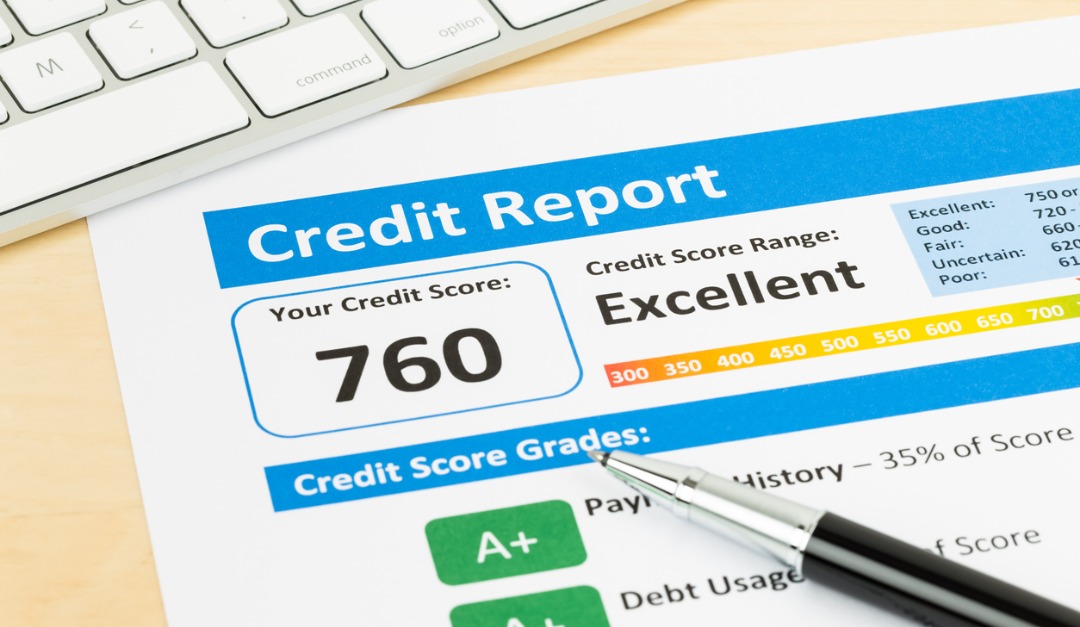
Why Good Credit is Important Even If You Don't Want to Borrow Money or Get a Credit Card
You most likely know that having a good credit score is important if you want to qualify for a mortgage, auto loan or credit card. You might not know that your credit score can affect many other areas of your life.
People sometimes take on more debt than they can handle or spend money on nonessential items instead of paying their bills. This is why companies often perform credit checks before agreeing to provide services. Credit history can even affect a person’s employment prospects.
Utilities
Electricity, water, cable and telephone companies often conduct credit checks before agreeing to offer their services to individuals. Since utility companies typically provide their services up front for a month before a customer pays the first bill, the utility provider is essentially issuing a loan to a new customer. If you need a utility service, the company wants to be confident that you will pay your bills. If you have bad credit, you may have to make a large deposit to open an account.
Insurance
Your credit score can affect your auto insurance premiums. Studies have found that people with lower credit scores tend to file more claims than drivers with higher scores. Claims filed by people with lower credit scores also tend to cost insurance companies more money than claims filed by customers with higher scores. If you have a low credit score, a car insurance company may charge you significantly higher premiums than someone with better credit.
If you own or plan to buy a house, your credit score can affect your homeowners insurance rates. Insurance companies may use information in your credit report to assign an insurance score that reflects how likely you would be to file a claim. A higher insurance score could mean lower premiums.
Not all states allow insurers to use credit scores when setting premiums. Some states have laws prohibiting this practice.
Employment
Companies often check credit reports when making employment decisions. In some states, you can be denied a job because of derogatory marks on your credit report. If you currently have a job, your employer may check your credit before offering you a promotion or giving you a raise.
How to Improve Your Credit
If your credit score is not as high as you would like it to be, you can work on raising it by consistently paying your bills on time, limiting the amount of available credit you use, keeping old accounts open and not applying for too many new accounts. You should also check your credit report for errors and correct any that you find so your score doesn’t suffer because of incorrect or outdated information.




